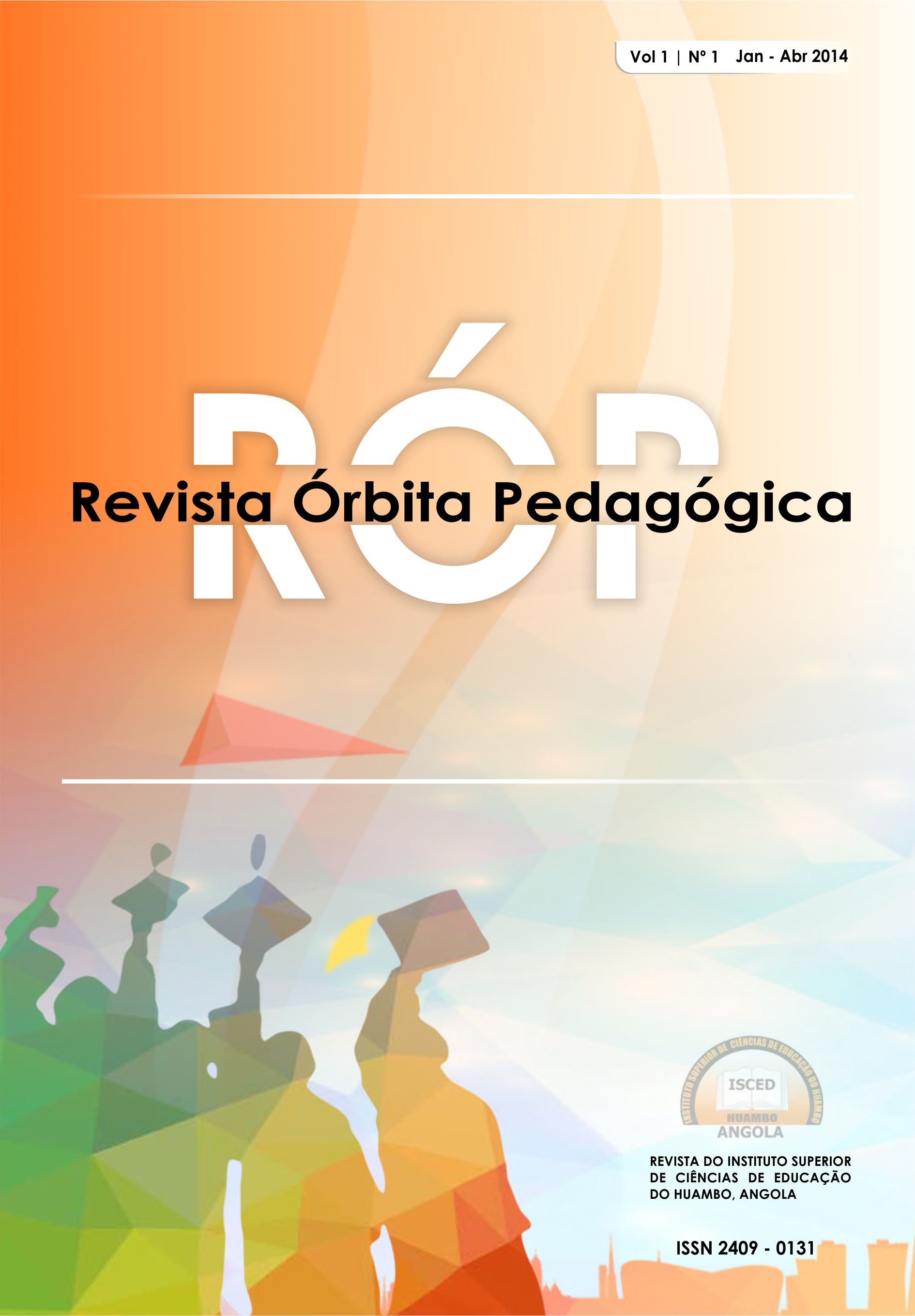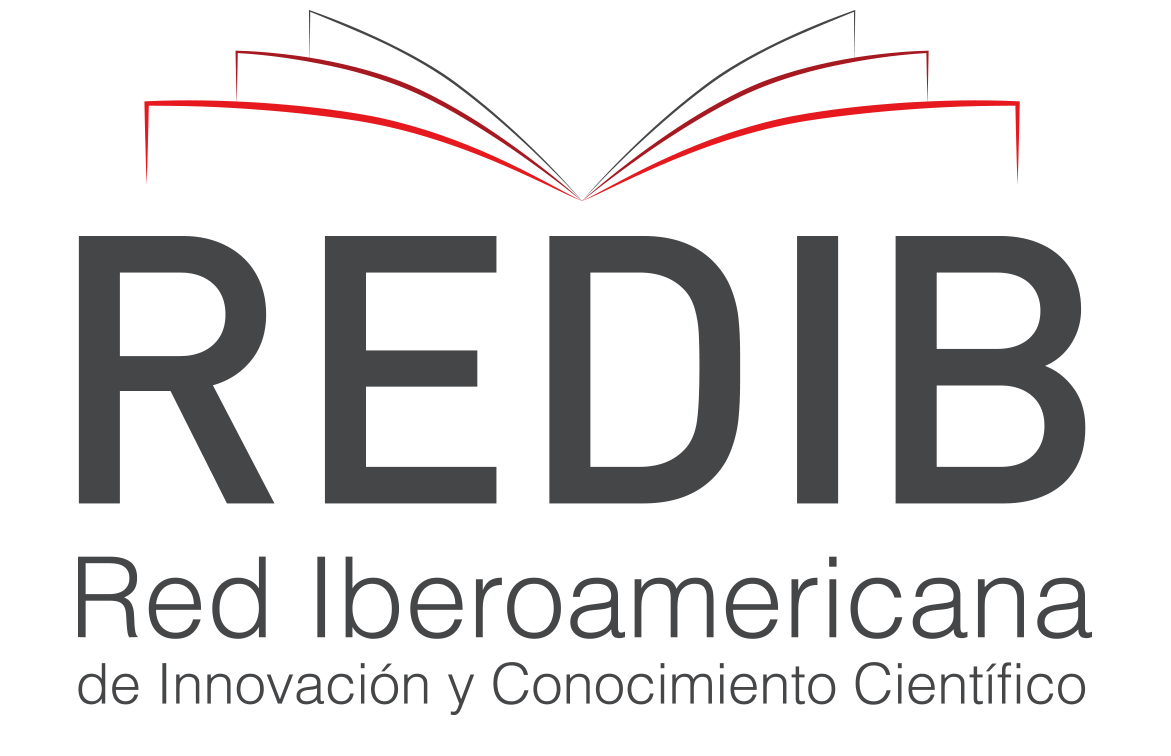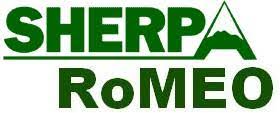GROUPS OF STUDY AS MODALITY OF CONTINUOUS FORMATION FOR AN INCLUSIVE EDUCATION
Keywords:
study groups, continuing education, needs special educationalAbstract
This work approaches the strategy study groups as modality of continuous
formation to produce better results front to the inclusive education. The
study groups were created with objective of discussing the process of
students' inclusion with special education needs starting from real situations
lived by the educators in their daily ones pedagogic. This formation modality
allowed the educators to bring to the surface, besides professional subjects,
also subjective aspects, that interfered negatively in the pedagogic action.
No matter how much subjects of the extent of the human subjectivity were
present in the context of the groups, the axis of all of the encounters was the discussion theoretical-practice around the educator's pedagogic action in the
inclusive school, being configured, then, as an effective strategy of
continuous formation
KEYWORDS: grupos de estudo; formação continuada; necessidades
educacionais especiais; educação inclusiva.
References
ANDRÉ, Marli (Org.). O papel da pesquisa na formação e na prática dos professores. Campinas: Papirus, 2001.
AINSCOW, M. Educação para todos: torná-la uma realidade. In: AINSCOW, M.; PORTER, G.; WANG, M.
Caminhos para as escolas inclusivas. Lisboa: Instituto de Inovação Educacional, 1997.
BLANCO, Rosa. Inovação e Recursos Educacionais na Sala de Aula. In: COLL, C.; PALACIOS, J.; MARCHESI,
Á. (Org). Desenvolvimento psicológico e educação: necessidades educativas especiais e aprendizagem escolar. Porto
Alegre: Artes Médicas, 1995.
BRASIL. Ministério da Educação. Referenciais para formação de professores. Brasília: MEC/SEF, 1999.
BRASIL. Declaração de Salamanca e linhas de ação sobre necessidades educativas especiais. Brasília: CORDE,
CANEN, Ana. Formação de professores e diversidade cultural. In: CANDAU, Vera Maria (Org.). Magistério:
construção cotidiana. Petrópolis: Vozes, 1997.
MANTOAN, Maria Teresa Eglér. Produção de conhecimentos para a abertura das escolas às diferenças: a
contribuição do LEPED (UNICAMP). In: ROSA, Dalva E. Gonçalves; SOUZA, Vanilton Camilo (Org.). Políticas
organizativas e curriculares, educação inclusiva e formação de professores. Belo Horizonte: Editora Alternativa,
MANTOAN, Maria Teresa Eglér. A Educação Especial no Brasil: da exclusão à inclusão escolar. Disponível em
<http://www.lerparaver/bancodeescola> Acesso em: 07 maio 2002.
NÓVOA, Antônio (Org). Os professores e a sua formação. Dom Quixote: Lisboa, 1995.
PINO, Angel. O conceito de mediação semiótica em Vygosky e seu papel na explicação do psiquismo humano.
Cadernos Cedes, n. 24. Campinas: Papirus, 1991.
REGO, Teresa C.R. A origem da singularidade humana na visão dos educadores. Cadernos Cedes, n. 35. Campinas:
Papirus, 1995.
SANTOMÉ, J. T. As culturas negadas e silenciadas no currículo.In: SILVA, Tomaz Tadeu da (Org.). Alienígenas na
sala de aula: uma introdução aos estudos culturais em educação. Petrópolis: Vozes, 1995.
VYGOTSKI. Obras Escogidas V. Fundamentos de Defectologia. Madrid: Visor, 1997.
BRASIL. Pensamento y palavra. Obras Escogidas II. Madrid: Visor Distribuiciones, 1992.
Downloads
Published
How to Cite
Issue
Section
License
Copyright (c) 2022 Célia Diva Renck Hoefelmann

This work is licensed under a Creative Commons Attribution-NonCommercial-ShareAlike 4.0 International License.

















